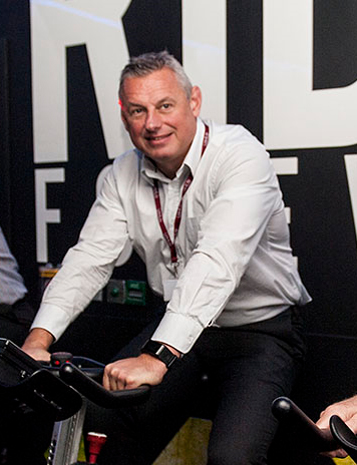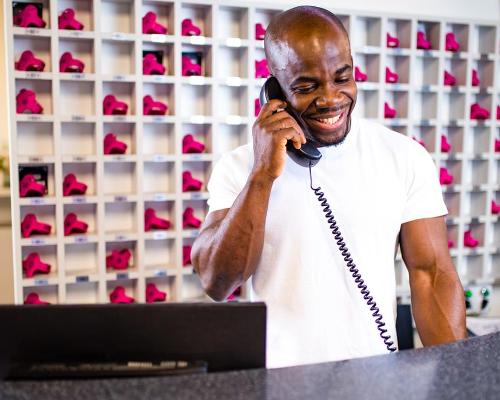The UK’s public leisure sector has faced unprecedented challenges this year. Lockdown and social distancing measures since government restrictions eased have placed immense financial pressure on local authority leisure, sport and activity providers.
In an attempt to understand just how the public sector is faring, Leisure-net Solutions surveyed operators across the UK as part of its Industry Confidence Survey series.
An inaugural survey had been undertaken at the start of lockdown in March and provided insight into how the sector was feeling. Five months on, this follow-up survey once again gauged views to determine how confident public sector operators feel about the future and whether their situation is improving or deteriorating now facilities are starting to reopen.
The second survey elicited twice as many responses as the first, so when comparing the March survey results with the latest one, it’s important to note that the results will be affected by the different samples, however, the analysis shows useful trends.
Trusts hit harder than councils
Public sector operators have been significantly affected by the pandemic, with 88 per cent of them saying the impact has been extreme.
They’ve adopted a number of measures in response, the most common of which are reducing capacity, moving to online-only booking systems and cutting opening hours.
The data shows that three quarters (75 per cent) of external partners – organisations operating more than two contracts on behalf of local authorities – and just over half (56 per cent) of leisure trusts have made staff redundancies, compared to only 13 per cent of local authorities.
Adopting technology
External partners and leisure trusts have been much more active in reducing opening hours and permanently closing sites/services than local authorities. They are also more ready to adopt new digital offerings, with 75 per cent of external partners and 72 per cent of trusts looking to invest in technology, compared to just 38 per cent of local authorities.
The majority of operators (83 per cent) believe the impact of COVID-19 will be extremely significant in the short-term, up from just 17 per cent in March, while 48 per cent believe this impact will be sustained in the medium term, compared to 34 per cent in March.
Long term prospects
In the long-term, 76 per cent of operators believe the pandemic will significantly impact business. Leisure trusts appear to be most worried about the impact of COVID-19 in the short- to medium-term, although only a third (33 per cent) believe it will be extremely significant in the long term, leaving 67 per cent who feel more positive about longer-term prospects.
The majority of public sector operators – around 60 per cent – are confident their business will survive the next 12 months, with 40 per cent less certain.
Suppliers are more optimistic
With their ability to trade with the more buoyant private sector and also direct to consumers – in some cases – Leisure-net found suppliers far more optimistic.
Only 39 per cent reported the impact of the pandemic had been extreme, while 75 per cent said they didn’t think it would have a long-term impact on their business. In addition, 89 per cent said they still expect to be in business next year.
To order a copy of the report, email: [email protected]




























































